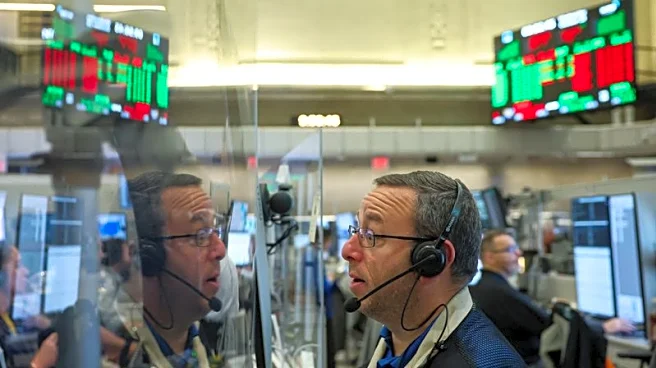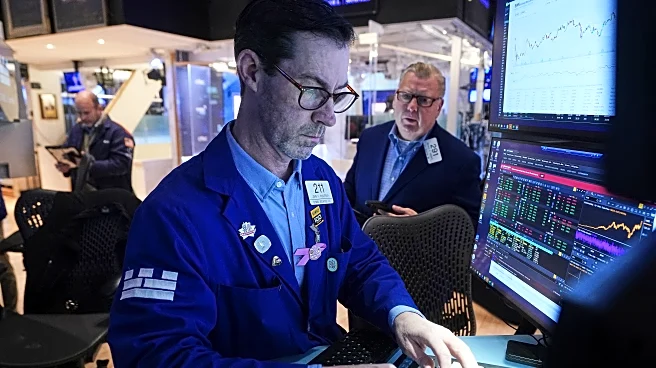By Nell Mackenzie
LONDON (Reuters) -Hedge funds' economic optimism faded last week and their exposure to companies that depend on consumer spending power such as hotels and restaurants fell to five-year lows, according to a Goldman Sachs note seen by Reuters on Monday.
Companies selling products that consumers like to have but don't necessarily need accounted for the most net-sold stock sector globally and in the U.S. last week, Goldman Sachs said in a note to clients dated Nov. 7.
Hedge funds ditched
long positions that expected the stocks of these companies to rise and added short wagers, betting these equity values would fall, said the bank.
Hedge funds are private investment funds that most often keep their trading positions a secret because of regulatory reasons and also to protect their trades.
Hotels, restaurants and leisure company stocks were the most sold in the consumer discretionary sector, which is often seen as an economic bellwether.
Exposure to these stocks now sits at the lowest level since the 2020 COVID pandemic, the Goldman Sachs data showed.
Instead, speculators piled into U.S. health care stocks, which were bought for an eighth consecutive week and at the fastest pace in nine months, driven by an increase in long positions.
Hedge fund health care enthusiasm last week saw some hedge funds investing in other hedge funds that specialise in the sector.
Global shares rose on Monday boosted by hopes that an end to the historic U.S. government shutdown was in sight.
Financial assets more commonly used as a shield for economic uncertainty, like gold, have risen following weak U.S. economic data last week.
Private reports suggested the U.S. economy shed jobs in October with losses in the government and retail sectors, while businesses cutting costs and adopting artificial intelligence contributed to a surge in announced layoffs.
Additionally, U.S. consumer sentiment fell to its lowest level in nearly 3-1/2 years in early November, hurt by worries over the economic fallout from the longest-ever government shutdown, a survey showed on Friday.
(Reporting by Nell Mackenzie; Editing by Dhara Ranasinghe and Hugh Lawson)

















